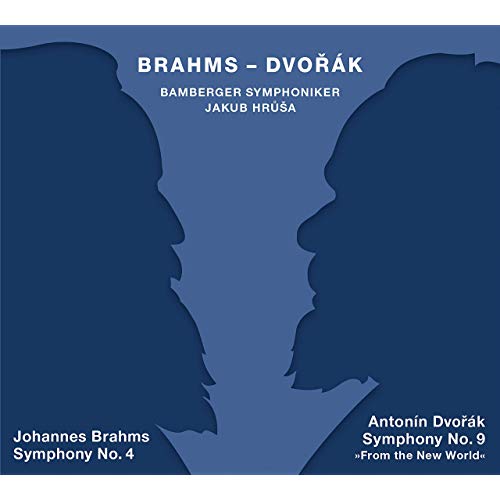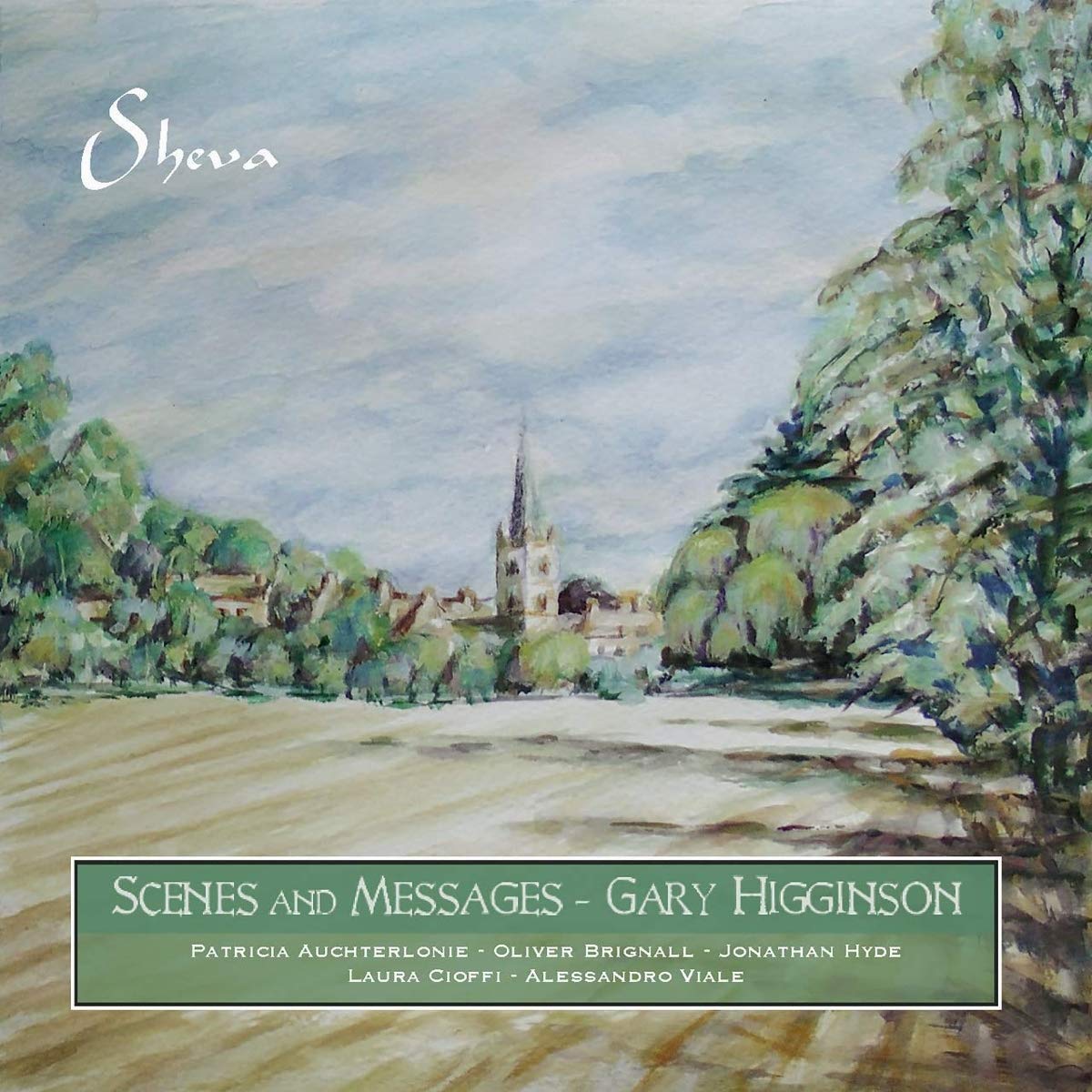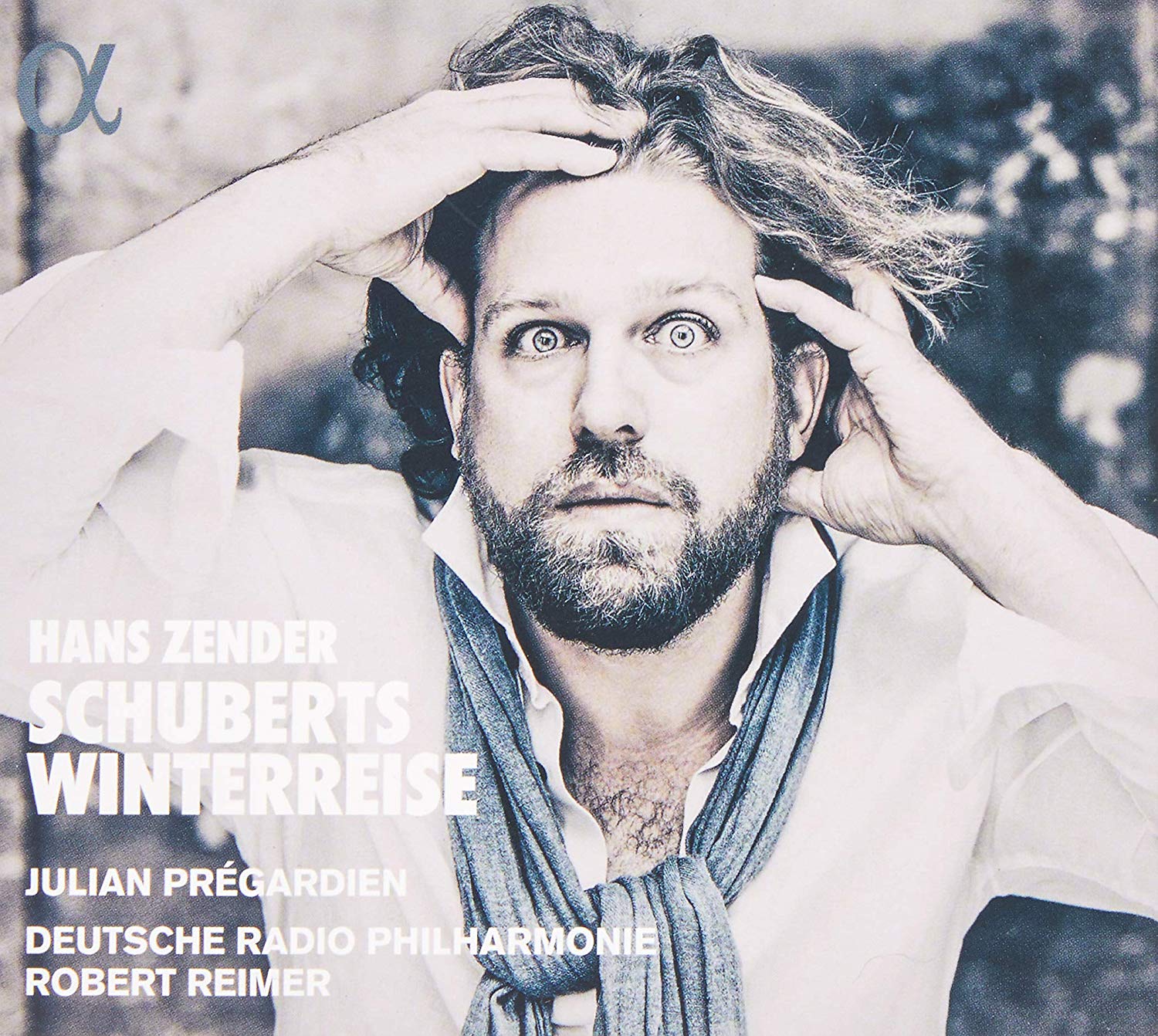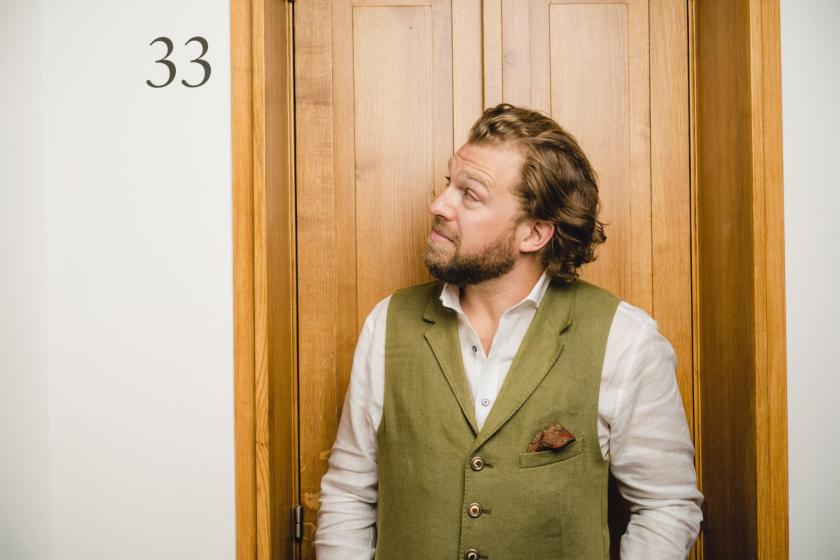 Brahms: Symphony No 4, Dvořák: Symphony No 9 Bamberg Symphony Orchestra/Jakub Hrůša (Tudor)
Brahms: Symphony No 4, Dvořák: Symphony No 9 Bamberg Symphony Orchestra/Jakub Hrůša (Tudor)
Brahms became a close friend and mentor to Dvořák, the two men first meeting in 1877 after Brahms had helped the younger composer win a scholarship. Dvořák was described as “a talented individual”, who was pleased to take on Brahms's advice in replacing “the many bad notes“ in his D minor string quartet with better ones. Brahms soon came to value his friend as an equal, admiring his melodic invention, while his own “high degree of skill” was envied by Dvořák. Coupling Brahms's 4th with Dvořák’s 9th makes for entertaining comparative listening though it's Brahms who comes out on top. There's not a wasted note in his 4th symphony, a work so perfect it would be downright intimidating were the tunes not so good. Listen out for an amazing passage around four minutes in, where the various themes and rhythms pile up. Gunther Schuller compared it to Stravinsky's Rite, not a piece you'd normally associate with Brahms. Jakub Hrůša’s performance is warm but transparent; much as I enjoyed Robin Ticciati's recent stripped down Brahms cycle, you can't help feeling that Hruša’s Bamberg Symphony Orchestra makes a sound that would have pleased the composer. That bit in the slow movement where the upper strings play a richly harmonised version of the horn theme is heart-stopping here, Hruša holding back just enough. This scherzo is bright and perky, and Brahms’s magnificent passacaglia concludes with plenty of fire. I've never found this symphony to be a depressing work. It certainly isn't here.
Dvořák’s 9th has many virtues. It can fill concert halls and is a blast to perform, but it's not as good as the 7th and 8th symphonies, the latter’s formal inventiveness and wit making it one of the greatest late romantic orchestral pieces. No 9 is a bit baggy by comparison, but the tunes are irresistible. It’s predictably well played here, with a lovely cor anglais solo in the slow movement and a pulsating finale. Hrůša really nails the finale's later stages, the symphony’s introspective heart laid bare. The soft final closing chord still catches me by surprise. Future volumes will pair the other three Brahms symphonies with Dvořák 6, 7 and 8. Tudor’s production values are high, and the sleeve art is fun, the two composers’ silhouettes shown in profile.
 Gary Higginson: Scenes and Messages (Sheva)
Gary Higginson: Scenes and Messages (Sheva)
Scenes and Messages compiles music written over 42 years. Gary Higginson’s teachers include Rubbra and the late John Joubert, Higginson managing to compose whilst holding down a succession of teaching jobs. His music is serious but readily accessible; that you might not have encountered a composer doesn't mean that they're not worth hearing. I began with Higginson's Three Ben Jonson Songs, attractively singable poetry settings which bear repeated listening. The language is tonal but devoid of cliché, the intricate, harmonically rich piano writing perfectly suited to the Jonson texts. “Slow, slow fresh fount” is superb, nicely sung by baritone Jonathan Hyde with pianist Alessandro Viale. Viale plays the solo Scenes from Shakespeare, eight short vignettes aimed at younger players. There's genuine pathos in Falstaff’s rejection by Prince Hal, and Hamlet’s encounter with his father’s ghost is depicted in music of simple, stark power.
Three Shakespeare Duets are scored for soprano, tenor, flute and piano, Patricia Auchterlonie and Oliver Brignall unfazed by the final song’s hey noninos and ding a dings. The most substantial work here is Messages of Hope, a seven-part sequence for three singers and piano showing the harsher realities of Victorian rural life. The last, unaccompanied song is especially effective, the three singers beautifully matched. The disc is bookended by music for solo flute, the closing reprise of Sweet Song of the Summer Woods enhanced with added birdsong.
 Hans Zender: Schuberts Winterreise Julian Prégardien (tenor), Deutsche Radio Philharmonie/Robert Reimer (Alpha Classics)
Hans Zender: Schuberts Winterreise Julian Prégardien (tenor), Deutsche Radio Philharmonie/Robert Reimer (Alpha Classics)
Everyone needs to hear the recording of Schubert's Winterreise by Nataša Mirković, accompanied by Matthias Loibner on hurdy gurdy. This one is equally striking, a "composed interpretation" by the German composer Hans Zender. The act of interpretation here isn't what the singer brings to the cycle, but a composer’s response, a gripping collision between romanticism and modernity. Zender’s reinvention was written in 1993, borne of his belief that Schubert's songs “contain seeds that germinate only decades after they came into existence”. There's a lot of Bruckner and Mahler in these realisations, along with lashings of virtuosic late 20th century orchestral technique. “Gute Nacht” begins with spectral scraps and scrapings, and the moment when tenor Julian Prégardien enters is spine-tingling. Despite the presence of a chamber orchestra there's no loss of intimacy. If you're unconvinced, try “Der Lindenbaum”, opening with guitar and harp flurries (think Mahler 7), later joined by a wonderfully wheezy accordion.
Swoon at the flecks of marimba in “Letze Hoffnung”, or shiver at the wind machine whistling away in “Mut”. And the parched opening of “Der Leibermann” is extraordinary. I won't spoil how Zender ends the cycle, other than to say that it feels emotionally right. Amazing, in other words; Robert Reimer’s Deutsche Radio Philharmonie are undaunted by Zender's demands, and Prégardien’s lyrical, intelligent singing is impressive. This is a superbly engineered live recording: you can hear absolutely everything. Full texts and translations too.















Add comment